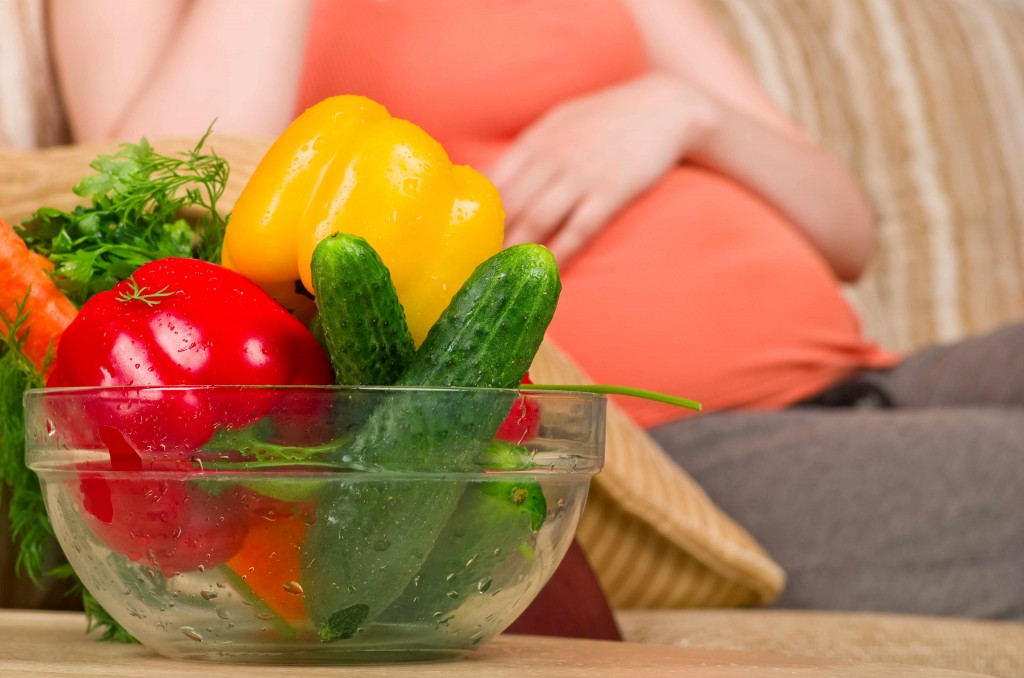DEAR MAYO CLINIC: I’m newly pregnant and overwhelmed with food advice from my friends. Is it true that I shouldn’t eat any deli meat during my pregnancy? What about caffeine? Can it harm the baby? Are there other foods I should avoid while pregnant?
ANSWER: The list of foods people think you should and shouldn’t eat while you’re pregnant can quickly become long and confusing. Although there are some specific do’s and don’ts, stick to the basics. Eating a healthy, well-balanced diet that’s low in fat and does not include alcohol is a solid way to ensure good nutrition for you and your baby.
For most people, pregnant women included, healthy eating involves plenty of vegetables, fruits, whole-grain foods and lean protein, as well as some healthy fats such as those found in fish, nuts, seeds and plant-based oils. Nutrients important for women during pregnancy include calcium and vitamin D for strong bones, folate to reduce the risk of birth defects, iron to prevent anemia and protein to help your baby grow. Getting enough fiber and fluids also is important to avoid constipation and to keep you hydrated.
So that’s what you should eat. What you shouldn’t eat can get a little more complicated. First, don’t drink alcohol. Pregnant women who drink have a higher risk of miscarriage and stillbirth. Too much alcohol during pregnancy can result in fetal alcohol syndrome, which can cause facial deformities, heart defects and mental retardation. Even moderate drinking can have an impact your baby’s brain development.
Some studies suggest that drinking too much caffeine during the first trimester also may be associated with an increased risk of miscarriage. Because of that, some doctors recommend limiting caffeine to no more than 200 milligrams a day during early pregnancy. That’s about two 8-ounce cups of coffee. Later in pregnancy, the effects aren’t as clear. More than 500 milligrams of caffeine a day may lead to jittery babies that show signs of caffeine withdrawal after they are born. But loosening the 200-milligram limit a bit after the first trimester is generally safe.
Doctors often counsel pregnant women to limit seafood or fish that may be high in mercury because it could harm a developing baby’s nervous system. The older and bigger the fish, the more likely it is to have high levels of mercury. With that in mind, it is generally recommended that pregnant women not eat shark, king mackerel, swordfish or tilefish.
Some of the other recommendations about food to avoid during pregnancy focus on food safety. Deli meat is an example of this. The way the meat is processed makes it vulnerable to becoming contaminated with bacteria called listeria. A listeria infection usually doesn’t cause illness in healthy people. It can be fatal, however, to unborn babies and newborns. To lower your risk, avoid eating deli meats, hot dogs and smoked fish. If you do eat them, cook them until they steam to destroy any bacteria.
Other sources of potentially dangerous foodborne infections for pregnant women include unpasteurized dairy products and juices; undercooked or raw meat, seafood, poultry and eggs; and unwashed fruits and vegetables. Uncooked fish, such as sushi or sashimi, can carry parasites and are off-limits during pregnancy. Cooked sushi or sashimi is generally fine.
If you follow a restricted diet, talk to your doctor about how to manage that during pregnancy. With careful planning, some of these diets — such as a vegetarian diet — can provide the nutrition you and your baby need. Others, such as a high-protein diet, may not be safe during pregnancy.
Use your health care provider as a resource throughout your pregnancy. If you get advice you aren’t sure about or if you have questions, talk to your provider. He or she can help you sort out the information and understand what’s best for your situation. — Margaret Dow, M.D., Obstetrics and Gynecology, Mayo Clinic, Rochester, Minn.
Related Articles







